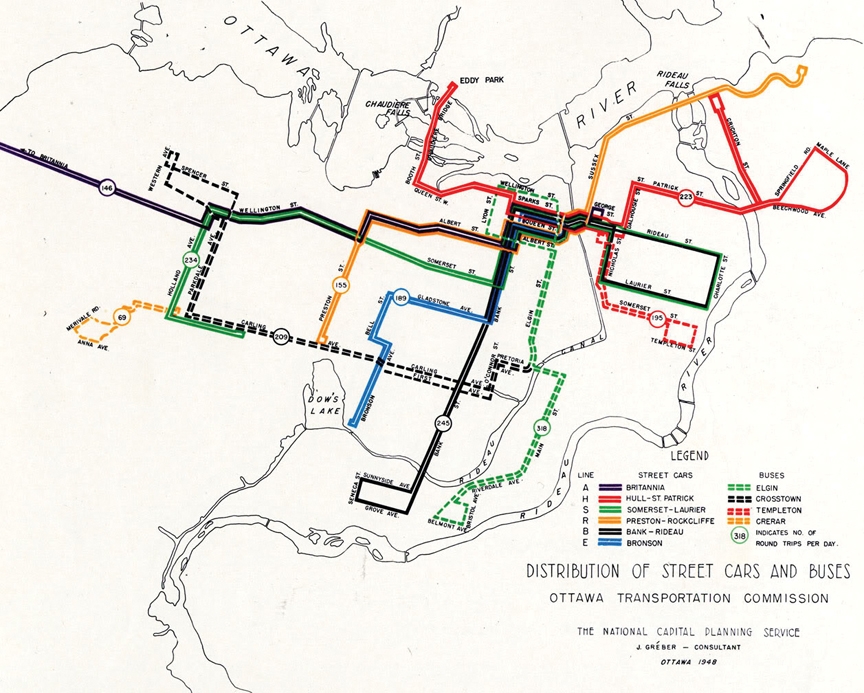
Best ERP for Wholesale — Comprehensive Guide
ERP is the most crucial aspect of any wholesale distributor's business. It is software that manages all the critical functions of your organization and plays a pivotal role in determining its growth trajectory. However, selecting the best ERP for wholesale distribution can be a daunting task for many businesses because it involves thorough research and analysis to ensure that you get the best one for your needs. In this article, we will discuss some critical points to consider when choosing an ERP for your organization.
It would help if you had software that syncs with your business model.
When choosing software, it is crucial to ensure that it supports all your business processes. This includes everything from managing inventory and shipping to managing customer relationships and handling payments. Furthermore, the system you choose should be flexible enough that if your business model changes, you can integrate its functionality into your new processes.
It's also crucial that the software integrates with other programs you use within your company, such as accounting or payroll systems, so that there are no duplicated efforts between departments when completing tasks or projects. The best ERP for wholesale distributors will meet these criteria and more.
Look for ERP solutions catering to wholesale distributors.
When you are looking for an ERP solution, it is vital to take into consideration the business model of your company. A wholesale distributor, for example, will need a solution tailored to its specific needs. In other words, you should look for solutions catering to wholesale distributors.
Wholesale distributors are companies that buy large amounts of goods at low prices and sell them in smaller quantities at relatively higher prices. They operate on a "wholesale" basis, so they do not deal with end customers directly but only act as intermediaries between manufacturers and retailers or manufacturers and distributors.
Thus their main cost driver is inventory management as well as managing multiple suppliers/vendors instead of just one or two like e-commerce retailers do (the latter typically don't maintain any inventory).
Compare ERP solutions with your current software.
The first step to finding the best ERP solution is comparing your current software with your new one. This can be done by looking at the following things:
- Look at the different operating systems supported
- Check what software development languages are used in each tool, and then check if they are similar or different. The more similar they are, the easier it will be to port over code from one application to another.
- Search for any limitations or restrictions for either of these platforms that could make it harder for you to implement them in your organization.
Decide on-premise vs. Cloud-based ERP.
It would help if you decided whether to use an on-premise solution or a cloud-based ERP. On-premise solutions are installed in your office and can only be accessed from within your organization's network. While this makes it more secure, it also means that if you want access to data while on the go, you'll need to find a way to connect remotely.
Cloud-based ERPs, unlike their counterparts, are hosted by third-party providers who take care of all infrastructure needs, including security and maintenance. This allows them (and you) greater flexibility in terms of time, place availability for users, and scalability when needed.
Explore features such as inventory forecasting and customer management.
Now that you know the basics of ERP, it's time to evaluate your needs. To choose the right system for your business, look at each solution's features and benefits.
Consider inventory forecasting as well as customer management. These two key areas will help you streamline your operations and achieve better results overall. But there may be other essential features and benefits relevant to your specific situation, so carefully consider what else is out there before making any decisions.
Financial management, order management, and sales & marketing are just some of the additional functions offered by some solutions on this list above (and this list only scratches the surface).
Check for reliability and support.
Once you've narrowed down the list of potential ERP solutions, you'll want to confirm that they have a strong track record and are financially stable. This can be done by checking out customer reviews, a company's reputation, and its support system – both for the software itself and for any day-to-day issues that may arise. You should also check out the company's growth rate and financial stability.
Zero in on the right ERP vendor with a free trial or demo.
With a free trial or demo, you get to experience the software first-hand. This will help you see if it is right for your business, especially if it is a complex solution and you need to test all the features. Some vendors offer 30-day trials or demos, while others provide 7-day or 1-week free trials. It might be tempting to go with the free option because of its price tag, but there are some drawbacks associated with that as well.
A good way around this is finding out whether a vendor offers an in-depth demo where they can demonstrate their ERP solution from front to back over a couple of hours (or more.). That way, you'll know exactly what kind of support and training comes with using the product, making buying it all worthwhile.
Take time to do thorough research before making the final decision.
Now that you are more aware of the various features and benefits of ERP software, it is time for you to take a step forward in making an informed choice.
Many factors should be taken into account before purchasing any ERP system. Here is a checklist:
- Take your time buying software after doing thorough research. The right solution should help your business grow and continue its progress. Proper research will ensure you choose the best product/solution/service provider for your business requirements.
- Only buy software with a trial or demo version from the vendor/developer or authorized reseller/distributor (if any). This will give you enough time to test drive the product on your computers and verify whether it suits all your needs, thus saving you and their precious time later on when things go wrong.
To summarize
A good enterprise resource planning solution can help a wholesaler save time and money. It's essential to choose the right ERP for your business. Before investing in any software, it is crucial to evaluate which features it offers and if they are compatible with your current needs.
Photo: iStock













